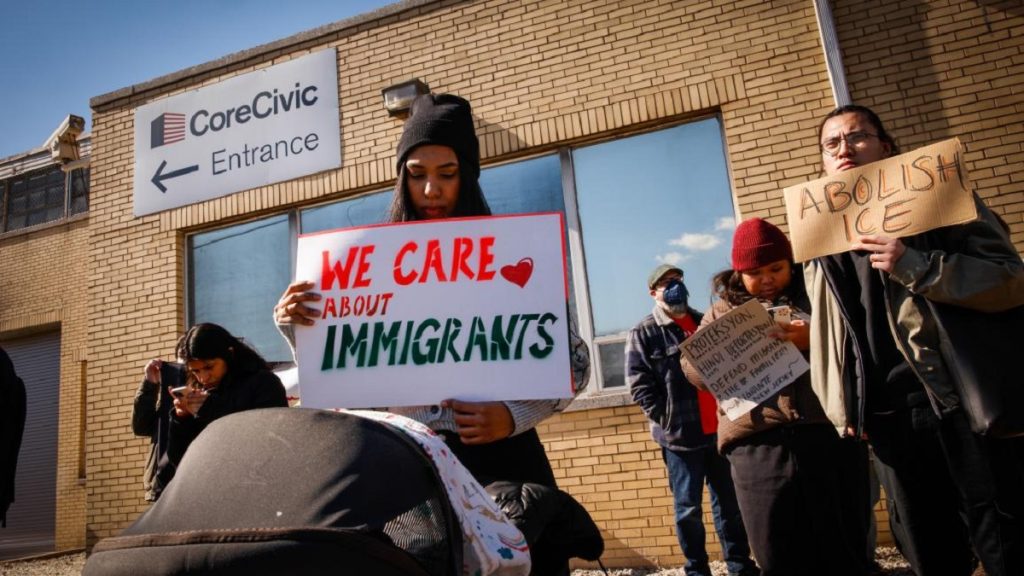Trump Administration’s Secret Deportation Plan: Libya and Rwanda Targeted as “Safe Third Countries”
CNN Reveals U.S. Discussions to Send Asylum Seekers to Politically Fragile Nations, Sparking Libyan Backlash Over Sovereignty Concerns.
Watan-In a shocking development, CNN has revealed that former U.S. President Donald Trump’s administration discussed a secret plan with both Libya and Rwanda to deport migrants—including some with criminal records—to these nations, as part of what is known as the “Safe Third Country” initiative.
According to the report, the plan aimed to transfer asylum seekers from the United States to countries lacking political stability and unified institutions, specifically Libya, which remains mired in chaos and division.
Negotiations reportedly involved both Libya’s Government of National Unity, led by Abdul Hamid Dbeibeh, and the rival government in eastern Libya. Sources said Washington used pressure tactics, including the threat of travel restrictions and the promise of financial or investment incentives, to push the plan forward.

So far, neither Libyan government has issued an official statement. However, several Libyan rights advocates and politicians have strongly opposed the proposal. Human rights lawyer Abdel Hafiz Ghoga described it as “a new test of national sovereignty and an unacceptable attempt to turn Libya into a human dumping ground.”
This initiative echoes earlier U.S. efforts to deport asylum seekers to politically and security-fragile states—raising fears that Libya could be turned into a “buffer zone” exploited to resolve America’s immigration crisis.
Libyan politicians argue their country is in no position to absorb forcibly deported migrants, especially amid ongoing political division and economic collapse. They also warn that the plan could later be used as a coercive tool against Libya, further threatening what little remains of its sovereignty and independence.
The question now is not merely whether Libya will accept the plan—but whether it will be forced into it. Who ensures the plan won’t be implemented amid the chaos? And is Libya being transformed into a geopolitical dumping ground for international problems at the expense of its own dignity and future?






